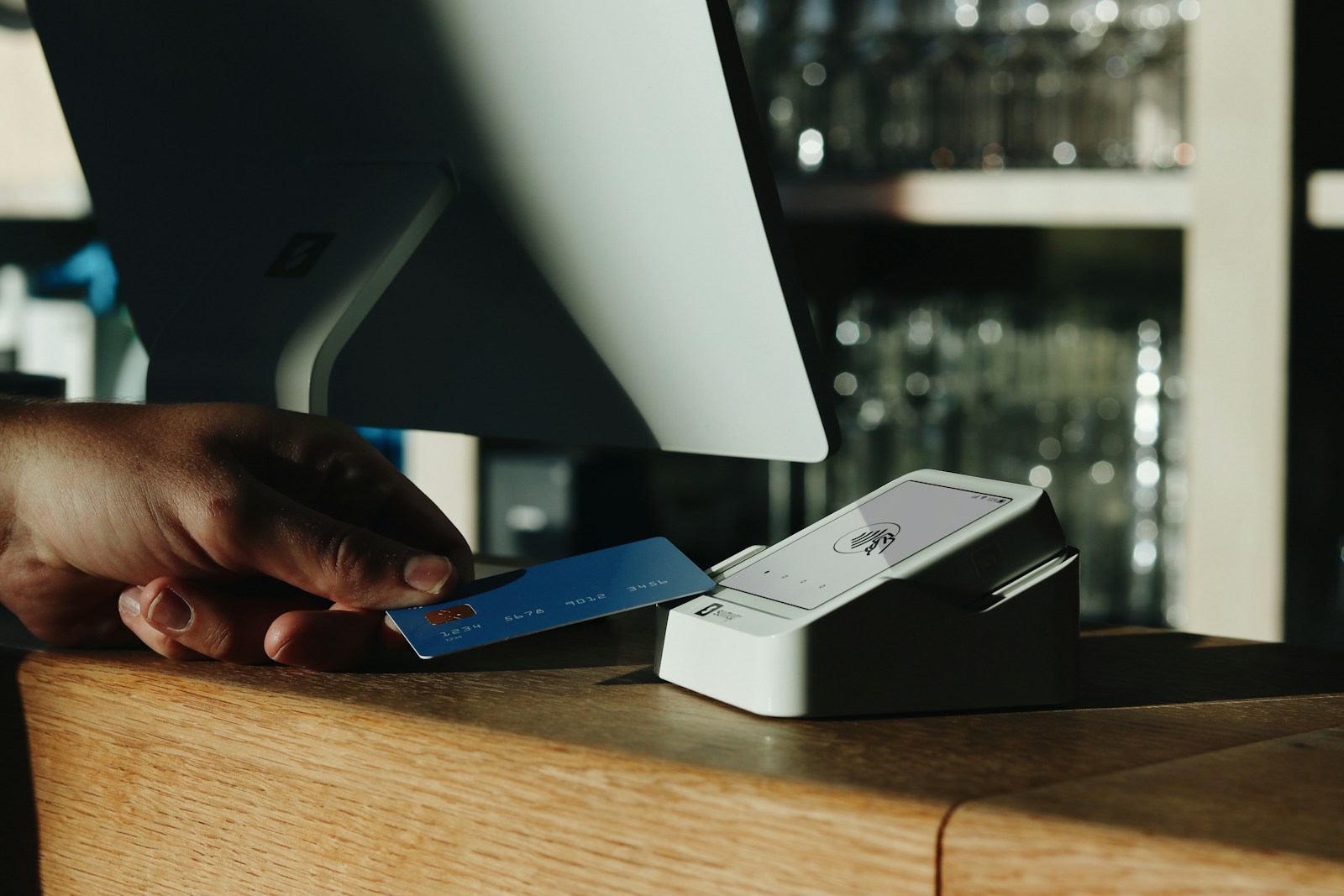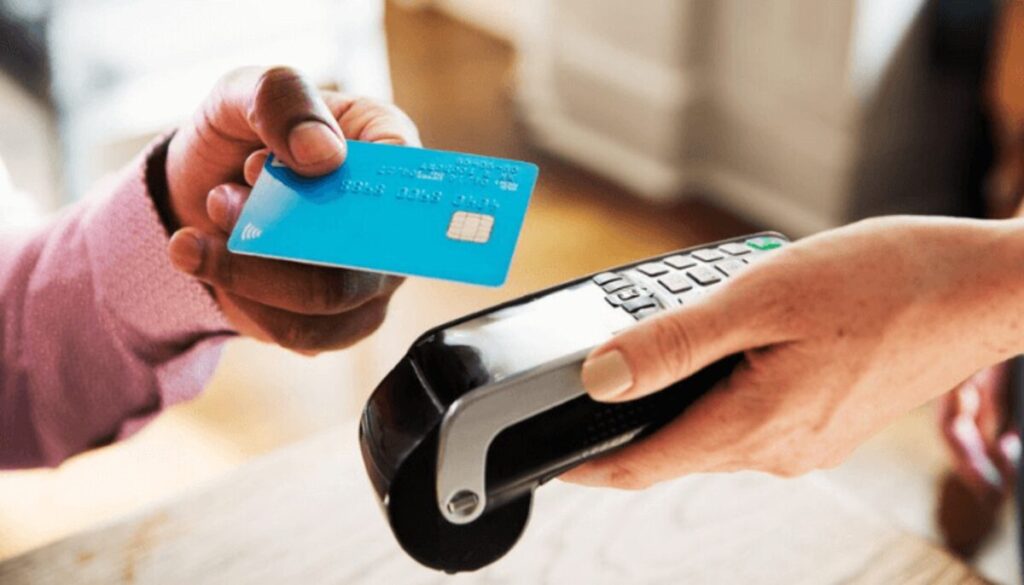
Over the past decade, digital payment trends in Nigeria have evolved from a convenience tool into a national economic engine. Once dominated by cash transactions, Nigeria’s financial landscape is now being rapidly transformed by digital wallets, instant transfers, and payment apps that make financial inclusion not just possible, but mainstream.
This rise in digital payment trends in Nigeria is doing more than changing how people pay; it’s redefining how Nigerians save, invest, borrow, and build financial resilience.
In this article, we’ll explore how fintech is changing Nigeria’s finance sector, from mobile payments to digital banking, and uncover the profound impact of mobile money on Nigeria’s economy heading into 2025 and beyond.
Digital Payment Trends in Nigeria 2025: From Urban Luxury to National Necessity
Once viewed as a tech-savvy urban convenience, mobile money in Nigeria has become a national infrastructure. From the bustling markets of Lagos to remote communities in Borno, mobile money agents now outnumber traditional bank branches, creating a financial bridge for millions of unbanked citizens.

This expansion was accelerated by the Central Bank’s push for cashless policies and the growth of agent networks operated by fintech giants like Paga and OPay. These platforms have redefined accessibility, allowing small business owners, artisans, and traders to send and receive funds instantly without visiting a bank. The result? A faster, more inclusive economy.
In 2025, mobile money in Nigeria is not just about convenience; it’s a driver of national liquidity and everyday commerce, proving that financial innovation can reach even the most rural parts of the country.
Digital Payment Trends in Nigeria: The Era of Instant, Borderless Transactions
The new wave of digital payment trends in Nigeria centers on speed, security, and scale. Platforms such as Paystack, Flutterwave, and Interswitch now power global transactions, allowing Nigerian businesses to trade internationally without banking delays.
Meanwhile, consumer behavior is also shifting, QR code payments, contactless cards, and “Buy Now, Pay Later” (BNPL) solutions are becoming mainstream. The number of digital wallet users is expected to hit 70 million by the end of 2025, reflecting a dramatic rise in financial trust and adoption.
These digital payment trends in Nigeria are creating a ripple effect, reducing transaction friction for e-commerce, boosting micro-entrepreneurship, and improving tax traceability for government revenues. For investors and businesses, this means an expanding market of financially empowered consumers.
How Fintech Is Changing Nigeria’s Finance Sector: The New Banks Without Branches
The most remarkable shift is how fintech is changing Nigeria’s finance sector, from traditional brick-and-mortar institutions to digital-first ecosystems. Today, companies like Kuda Bank, FairMoney, and Carbon have replaced queues with apps and paper forms with instant onboarding.

Fintech startups are offering credit scoring using mobile data, micro-investments in U.S. stocks through apps like Bamboo, and high-yield savings plans with transparent rates. The ecosystem now functions like a decentralized bank, where users manage all aspects of their finances from their phones.
This innovation has not only increased financial participation but also forced traditional banks to innovate faster. In effect, how fintech is changing Nigeria’s finance sector is a story of disruption, democratization, and digital empowerment, one that’s redefining trust and transparency in finance.
The Impact of Mobile Money on Nigeria’s Economy: Inclusion, Growth & Job Creation
The impact of mobile money on Nigeria’s economy is vast and measurable. According to a 2024 PwC report, mobile money services have added over $12 billion annually to Nigeria’s GDP through improved financial access and transaction efficiency.
Employment is another major gain, millions of mobile money agents and fintech partners now earn a livelihood through the ecosystem. Rural women, previously excluded from formal banking, are now micro-entrepreneurs using digital wallets to sell products, receive remittances, and save securely.
The multiplier effect is enormous: reduced cash handling costs, increased tax compliance, and stronger data-driven decision-making for businesses. In short, the impact of mobile money on Nigeria’s economy is not just about transactions, it’s about transformation.

How to Leverage This Digital Finance Revolution
For investors, entrepreneurs, and professionals, understanding digital payment trends in Nigeria is essential for staying competitive. Here’s how to leverage this transformation:
- Adopt mobile-first business models: Whether you run a retail store or a service firm, integrate mobile payment systems to reach more customers and streamline operations.
- Invest in fintech-enabled ventures: Explore startups and funds riding on digital payment trends in Nigeria, especially those serving underserved regions or cross-border markets.
- Diversify income via digital platforms: Take advantage of fintech savings, credit, and investment apps that help you beat inflation and grow wealth efficiently.
- Stay informed on regulation: As how fintech is changing Nigeria’s finance sector evolves, CBN policies and licensing frameworks will shape the future, watch these closely.
- Think inclusion, not just profit: The next phase of growth lies in solving local problems with scalable digital solutions, especially those targeting rural financial access.
Ultimately, the rise of mobile money in Nigeria is not just a financial trend, it’s a generational shift. Those who understand and invest in this transformation today will be the ones shaping Nigeria’s digital economy tomorrow.

Leave a Reply